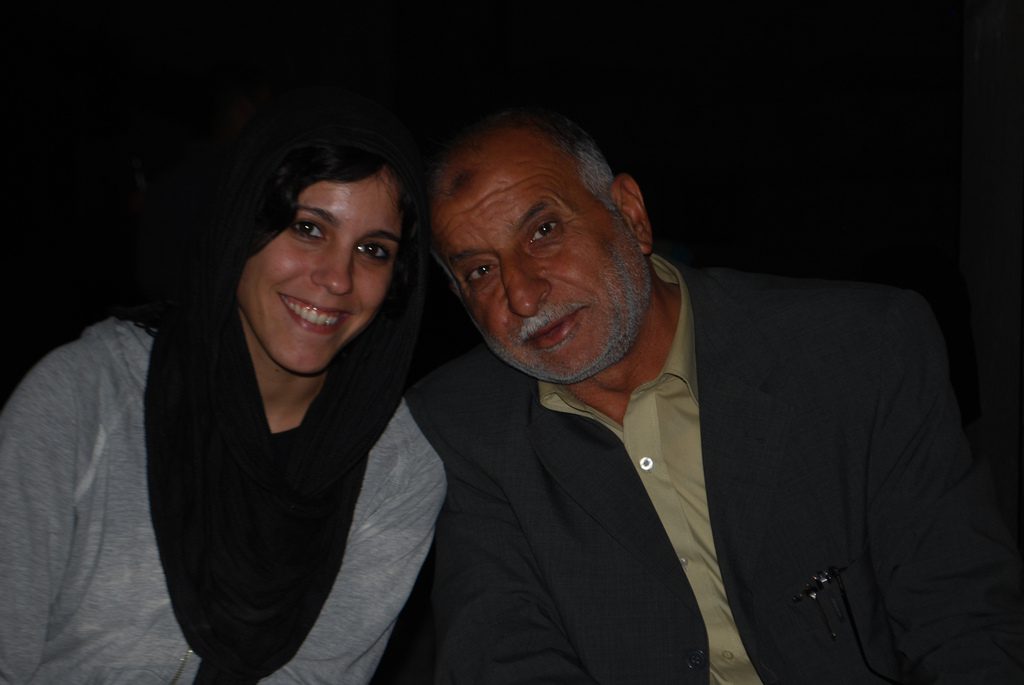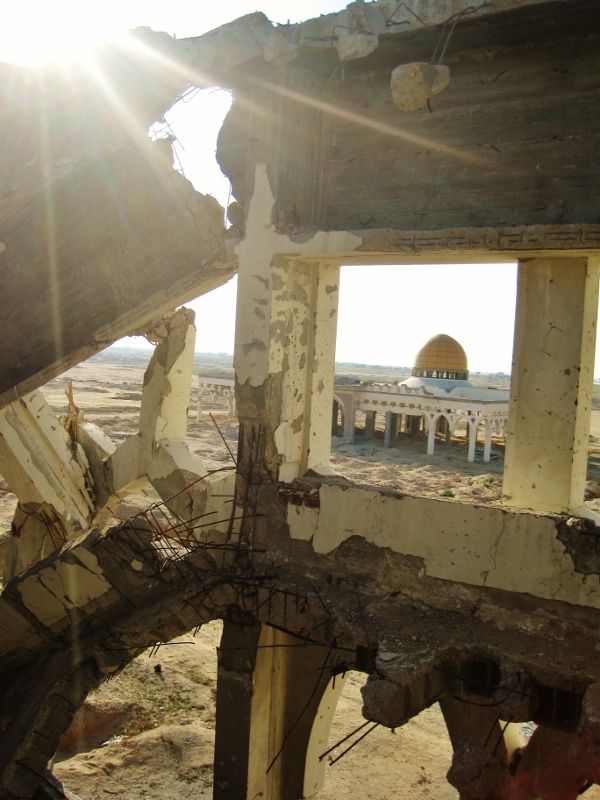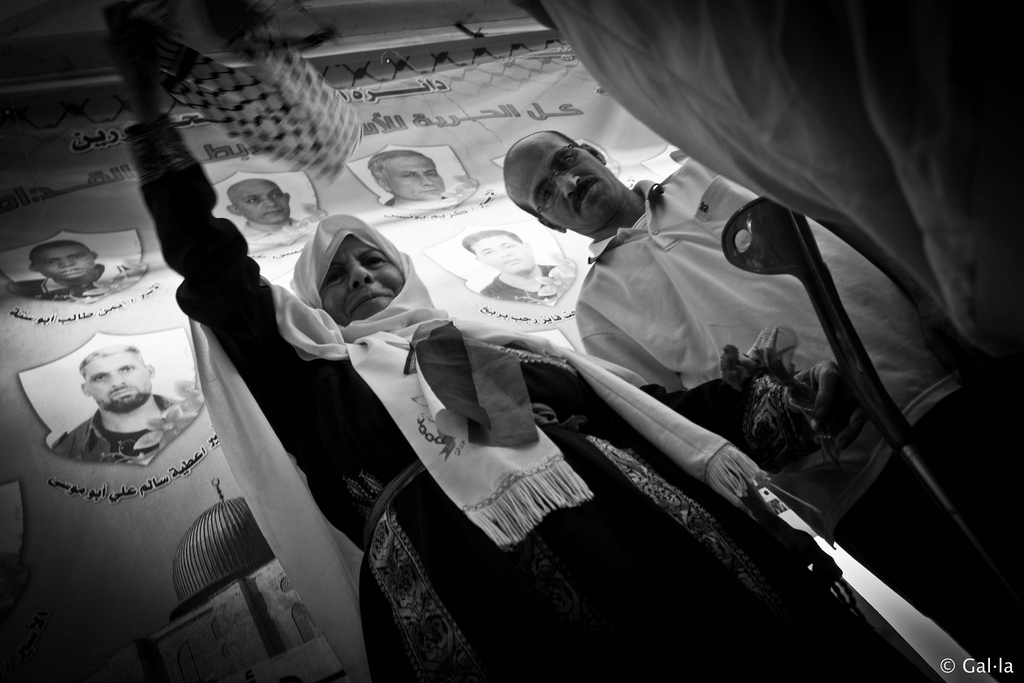Category: Journals
-
Photos: A morning with the resistance at Gaza’s Monday protest for detainees
23rd October 2013 | International Solidarity Movement, Gal·la López | Gaza, Occupied Palestine It’s 9:00 am, and today the Red Cross in Gaza City is more crowded than usual. Women, men, children and the elderly await the arrival of the resistance. In a moment, they will receive some members of the al-Qassam Brigades, the armed wing of the Hamas…
-

A portrait of steadfastness in the Gaza Strip’s deadly “buffer zone”
21st October 2013 | International Solidarity Movement, Charlie Andreasson | Gaza, Occupied Palestine An older man meets us when we step out of the taxi, a patriarch, his back straight, with a firm handshake and a welcoming smile. The other activists I shared a taxi with have all been there before, and we sit with no…
-

The Gaza Strip is closed and more besieged than ever
18th October 2013 | 3deVuit, Maria del Mar Fernández | Gaza, Occupied Palestine Israel continues to maintain a full, tight closure by land, sea, and air, on the only coastal enclave left to Palestine. This has become even worse since July, as the Egyptian government closes the Rafah crossing on a regular basis and has destroyed many…

